Raven SR, Chevron and Hyzon Motors collaborate to produce hydrogen from green waste in Northern California
Green Car Congress
JANUARY 10, 2023
Raven SR, a renewable fuels company; Chevron New Energies, a division of Chevron USA; and Hyzon Motors are collaborating to commercialize operations of a green waste-to-hydrogen production facility in Richmond intended to supply hydrogen fuel to transportation markets in Northern California.



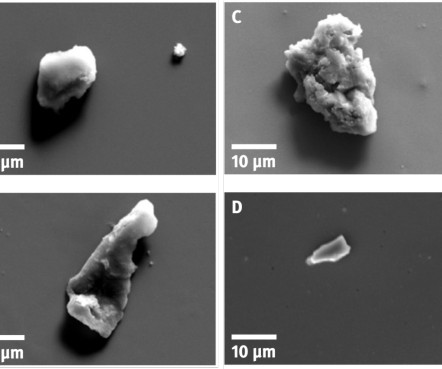
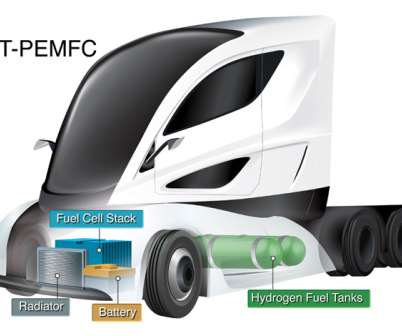

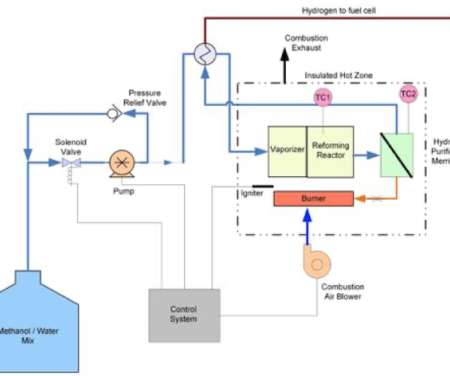
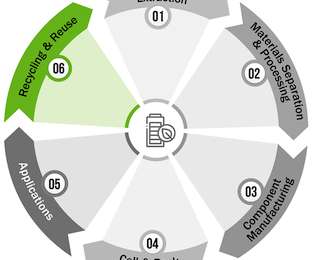
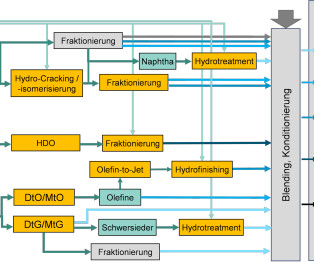


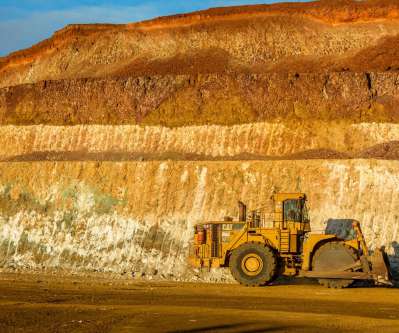

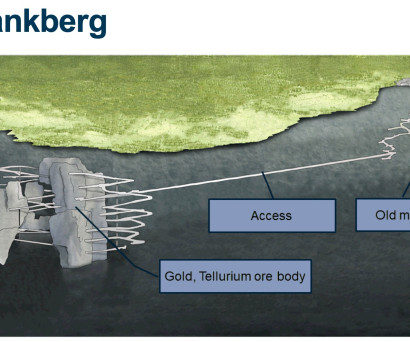
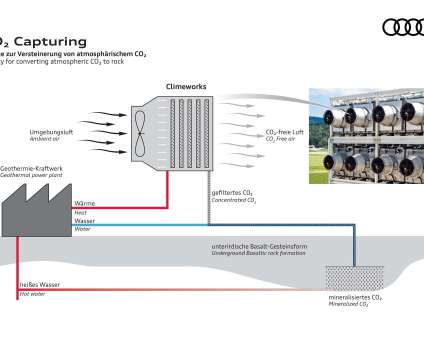

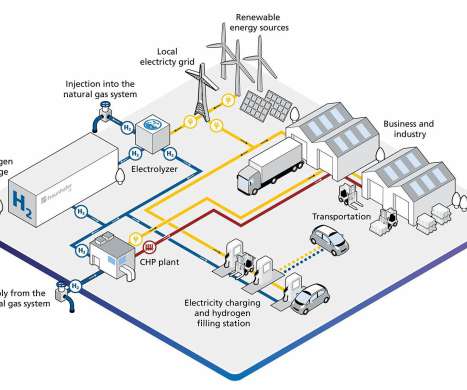









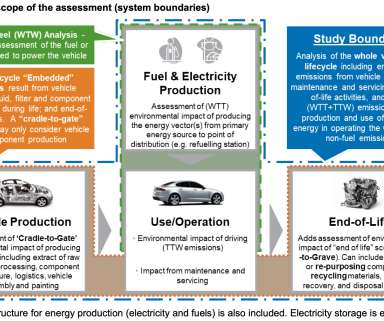




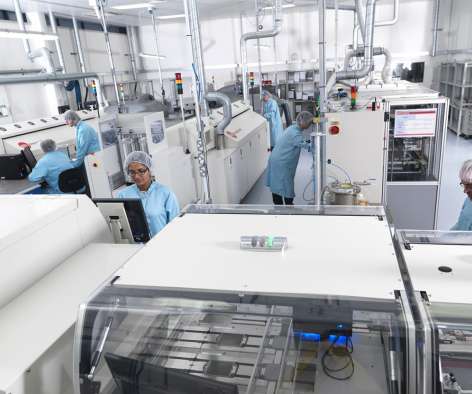










Let's personalize your content